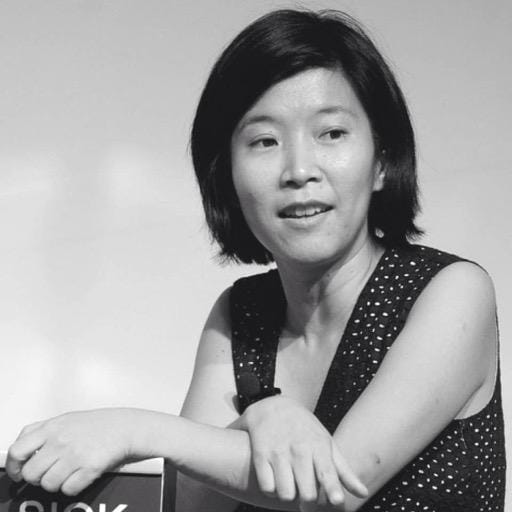The Five Predictions on Asia in 2016 with Sameer Singh

Starting the new year, Sameer Singh, author of Tech-Thoughts.net and our host Bernard Leong discussed the five predictions on Asia technology landscape 2016 in the second part of the two-episodes arc. Building on their earlier conversation on the five major events that rocked 2015, they forecast the events in 2016 which will shape the technology landscape of Asia as it is becoming the new battleground for the US companies as well as the homegrown Asian giants in the next few decades.
Here are the interesting show notes and links to the discussion (with time-stamps included):
- Prediction 1: Consolidation of on-demand cab hailing apps, either Uber or Didi will acquire GrabTaxi for Southeast Asia and the venture capital firms will push consolidation across Asia. [0:54]
- Reality dawns for the Asia unicorns. The unit economics start to matter and it leads to consolidation and possible down rounds for e-commerce and on-demand taxi hailing apps .
- Tiger Global as the investor to Uber, Didi, OlaCabs and GrabTaxi and its implications to the taxi-hailing apps industry.
- Overheated markets become commoditized, value shifts to adjacent layer of value chain, e.g. in India, focus shifts from E-Commerce to supply chain and logistics. For example, Shotang, a B2B marketplace connecting unorganized retailers to distributors (disclosure: Sameer led the investment in his former firm)
- Prediction 2: SoftBank in Asia Pacific but B2B play and not sell their robots in a B2C manner. [7:39]
- What is SoftBank’s go to market strategy for Pepper?
- Why are they not adopting the direct consumer approach?
- Note: Pepper has debuted in China, Taiwan and Singapore.
- Google and Baidu leads in the artificial intelligence but don’t count IBM’s Watson and Microsoft.
- Machine learning algorithms commoditise but the data and insights from machine learning are of value.
- Prediction 3: The Nintendo-DeNA deal will continue with mixed results depending if Nintendo resolved its innovator’s dilemma. [13:40]
- Pokeman Go will be a success and spur Nintendo-DeNA to think outside the box.
- Winning Strategy: Enhance free gameplay by using real-world add-ons (in Pokeman Go’s case, the Pokeman Go Plus Wearable). Later, competitive events.
- Nintendo’s Innovator’s Dilemma: Are they too focused on console gaming and not thinking about mobile as its own?
- Is Nintendo’s future in gaming similar to Disney in media content? Does owning a portfolio of gaming content IP is the way to go for gaming companies?
- Prediction 4: Xiaomi’s diversification into home tech and going west with US and Europe, and why it has broader implications for Baidu-Alibaba-Tencent expanding globally. [17:08]
- The strategy tax for Chinese companies going global, for example, Xiaomi has to maintain two android systems, one for China and the other for the rest of the world. Reference: Episode 68 with Clay Shirky.
- Xiaomi puts recent patent purchases to use and expands to Europe and US aggressively.
- What are the implications on the Baidu-Alibaba-Tencent going global? For example, Alibaba’s cloud company, AliCloud and Tencent’s investment in Glu Mobile.
- Prediction 5: Facebook will not be successful in Asia with a Wechat strategy, might make a play to acquire LINE or enter China. [19:50]
- The strategy tax for Facebook to start in China. (Ref: Crazy Like a Facebook Fox by TechCrunch)
- Given China has many players from WeChat to Weibo, should Facebook even bother?
- Facebook’s continued controversy with India on free basics. Reference: Episode 77 with Newley Purnell
- Mark Zuckerberg’s letter to India on free basics.
- The Indian community backlash and open letter against Mark Zuckerberg.
Podcast Information:
The show is hosted by Bernard Leong (@bleongcw) and are sponsored by Ideal Workspace (Twitter, Facebook and LinkedIn) with their new Aspirus Desk on Indiegogo (Twitter, Facebook, Medium) and Linkcious (and check out their other product, Chiibi). Also check out Ideal Workspace’s new standing desk, Aspirus and sign up for their mailing list.



